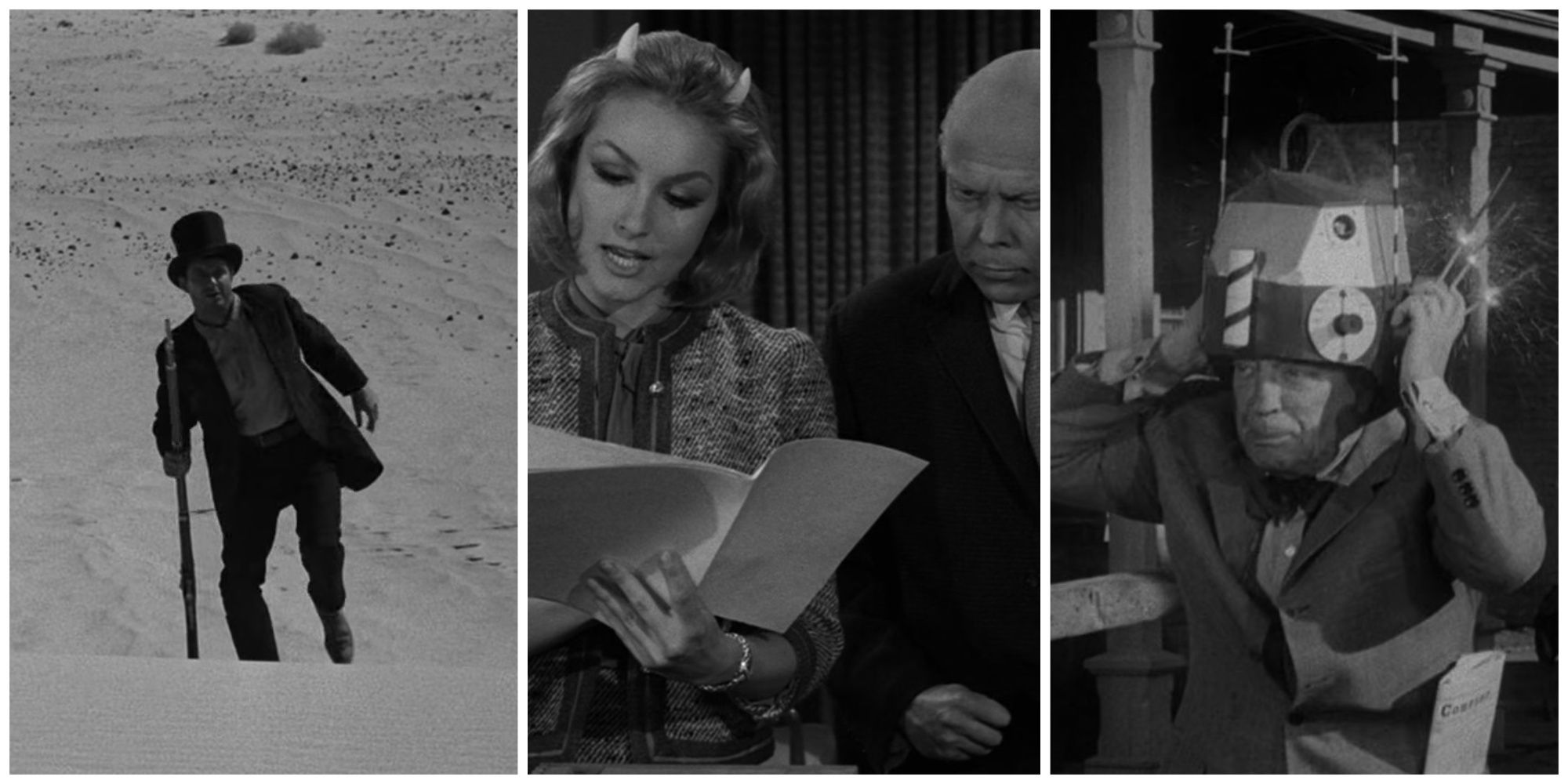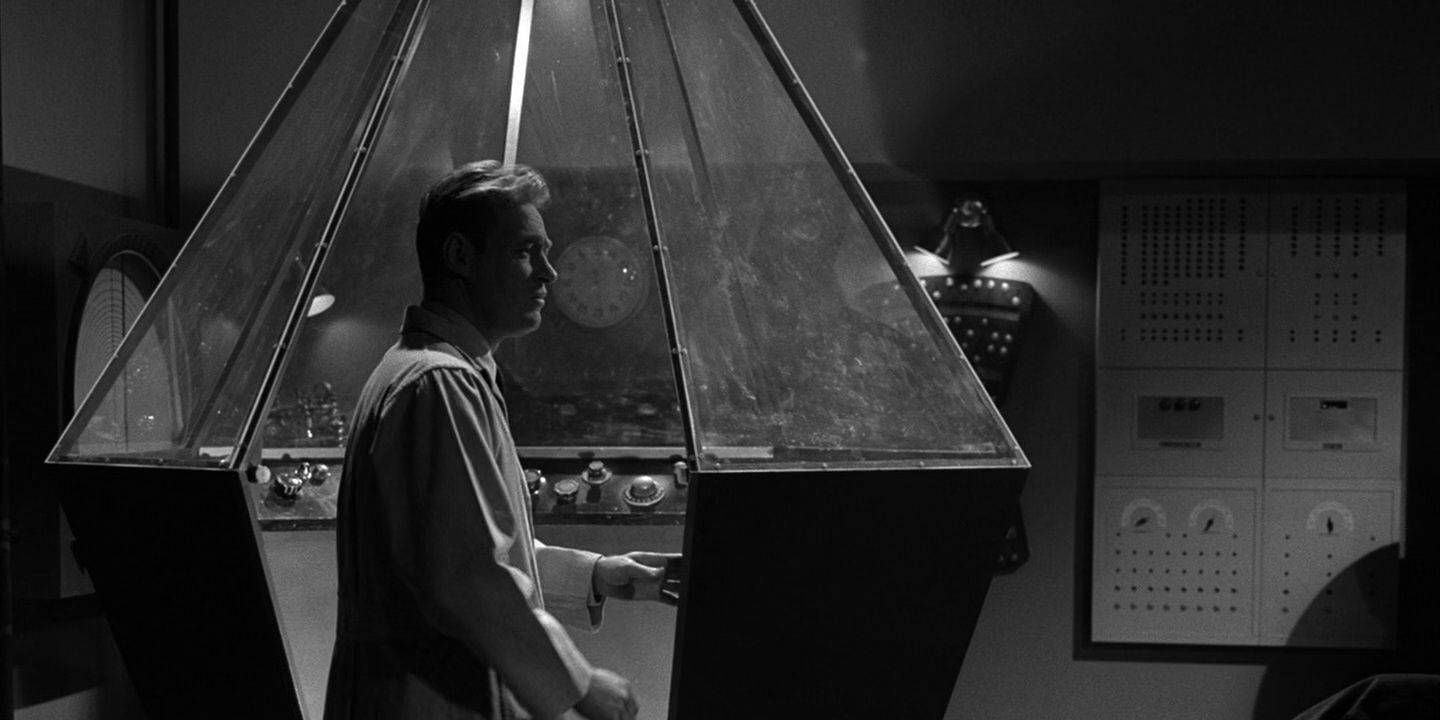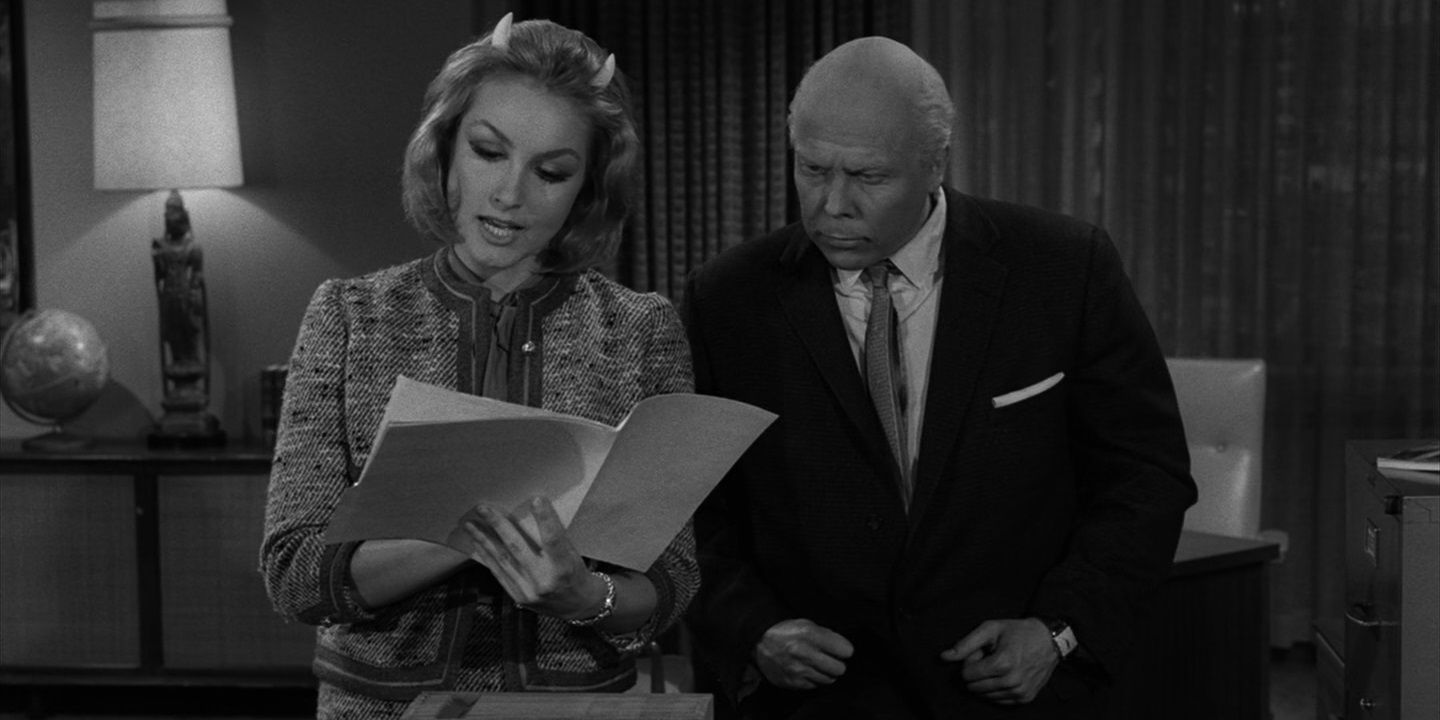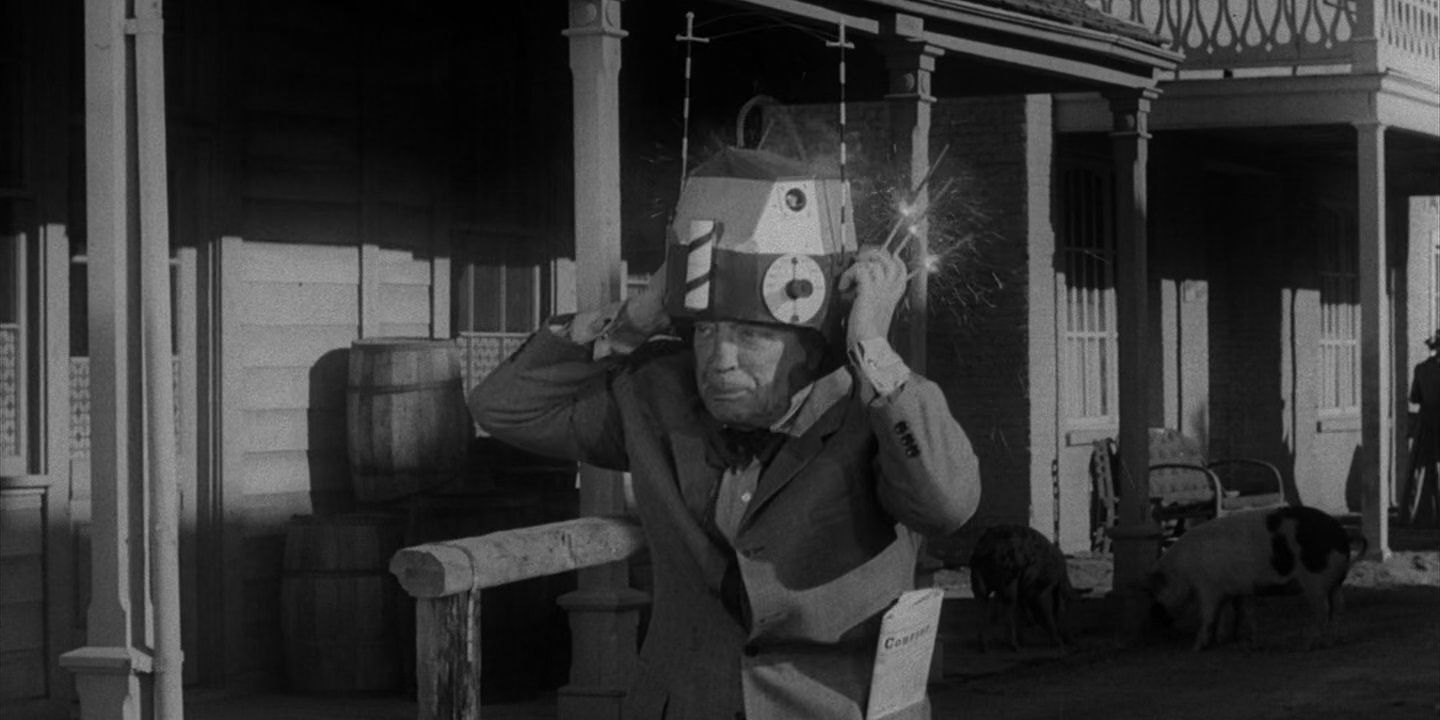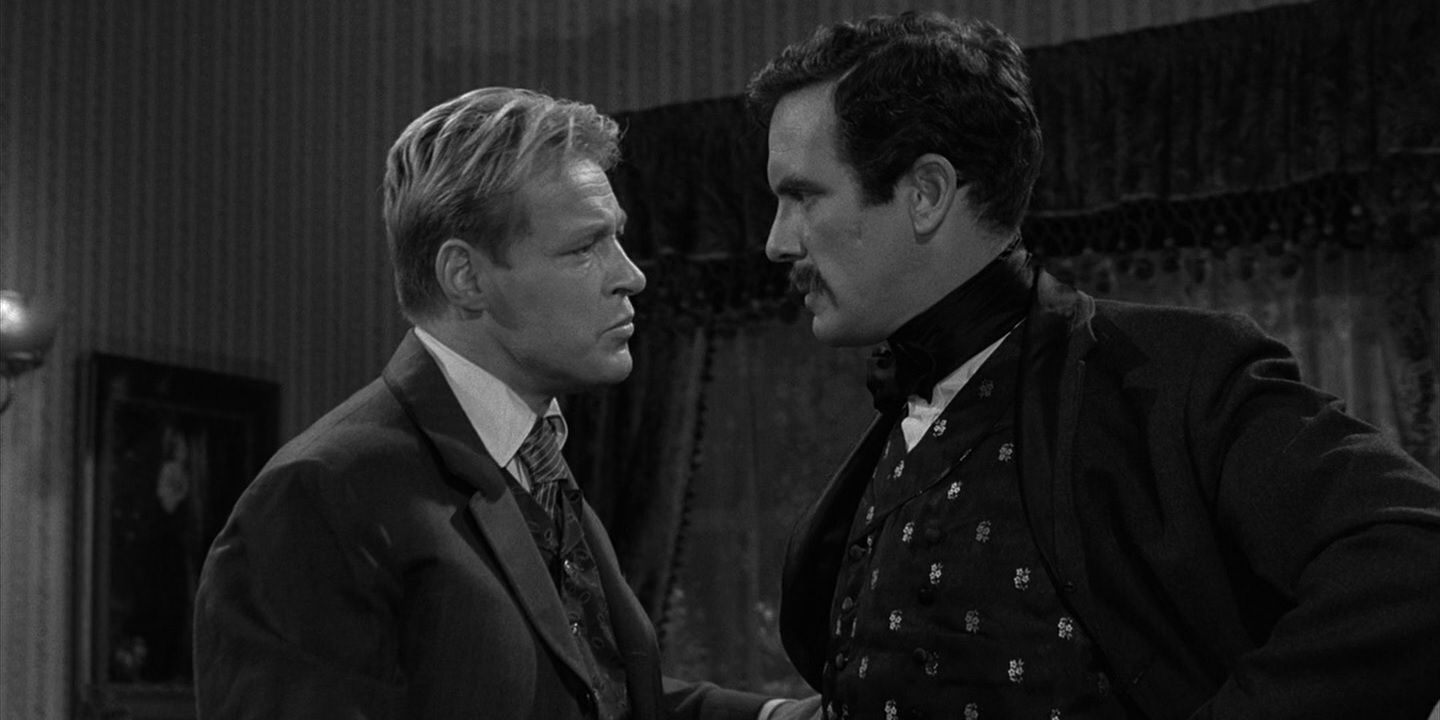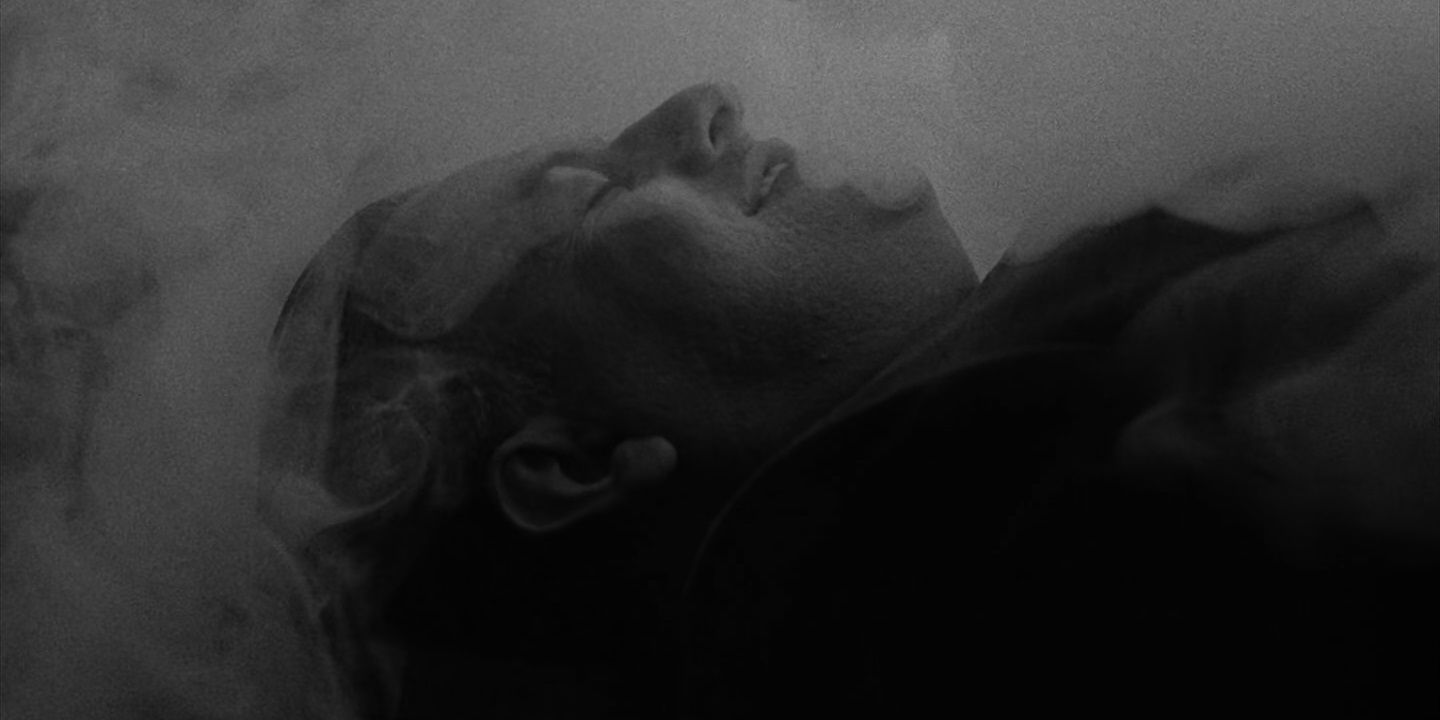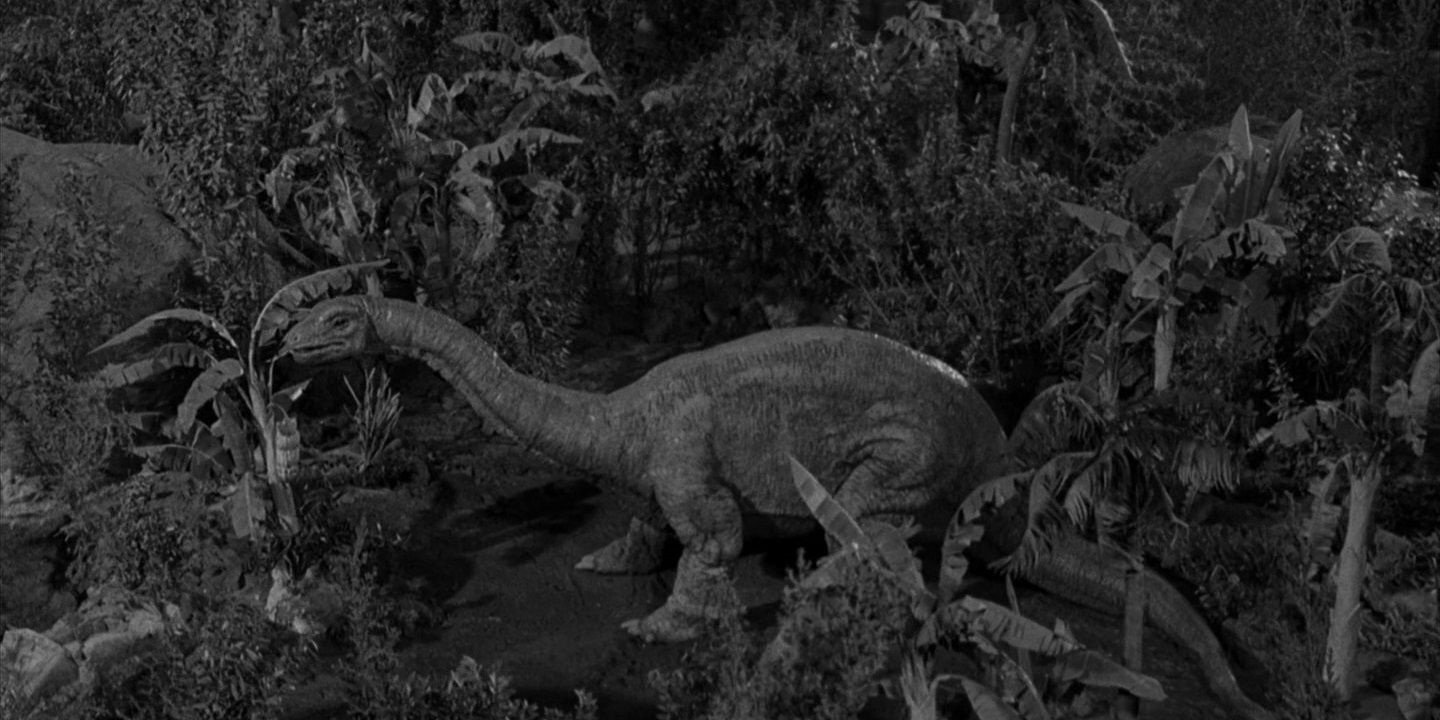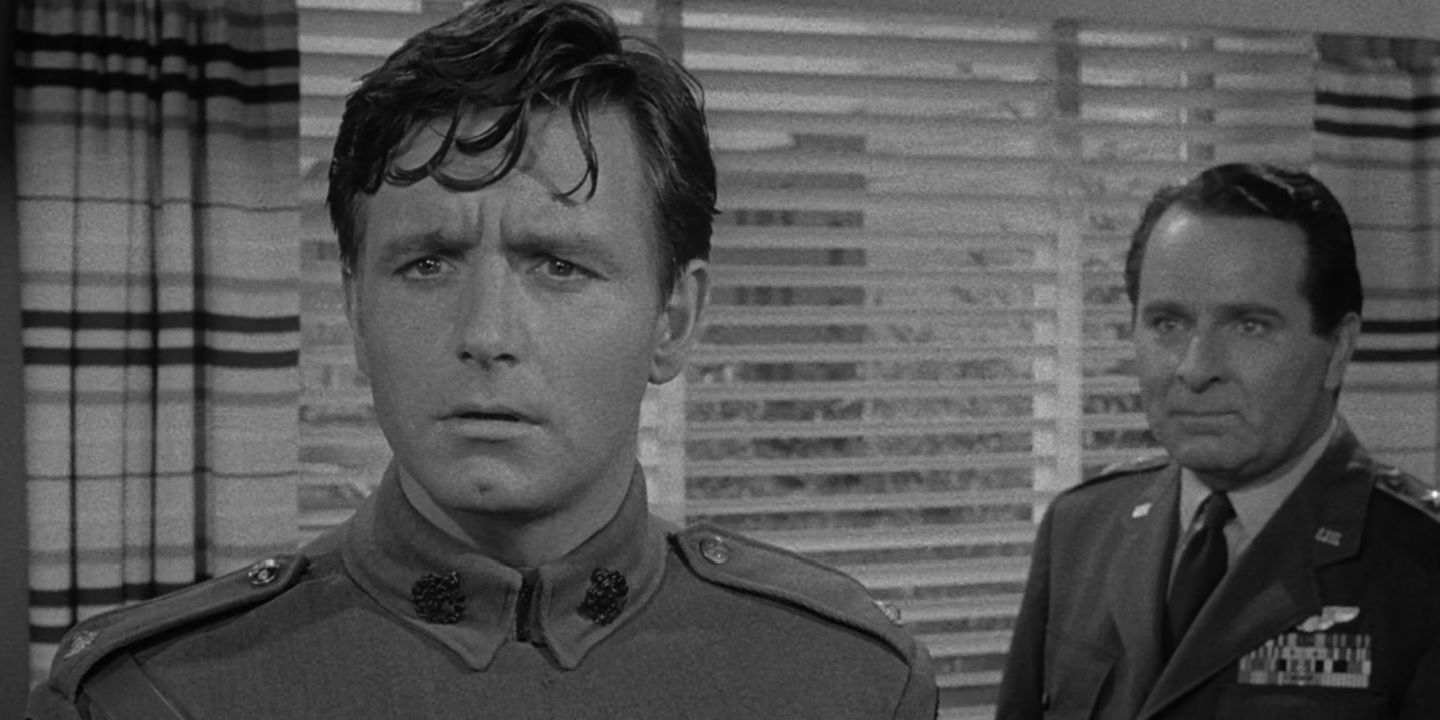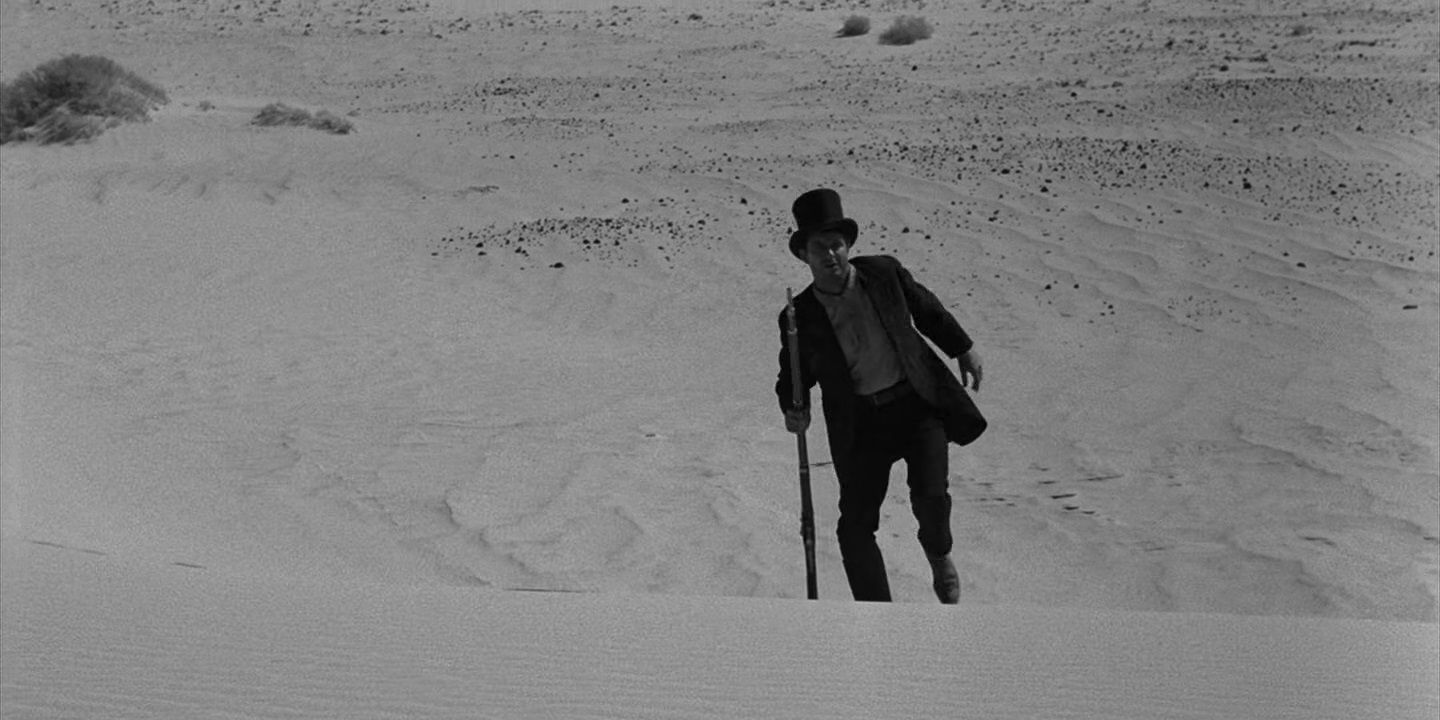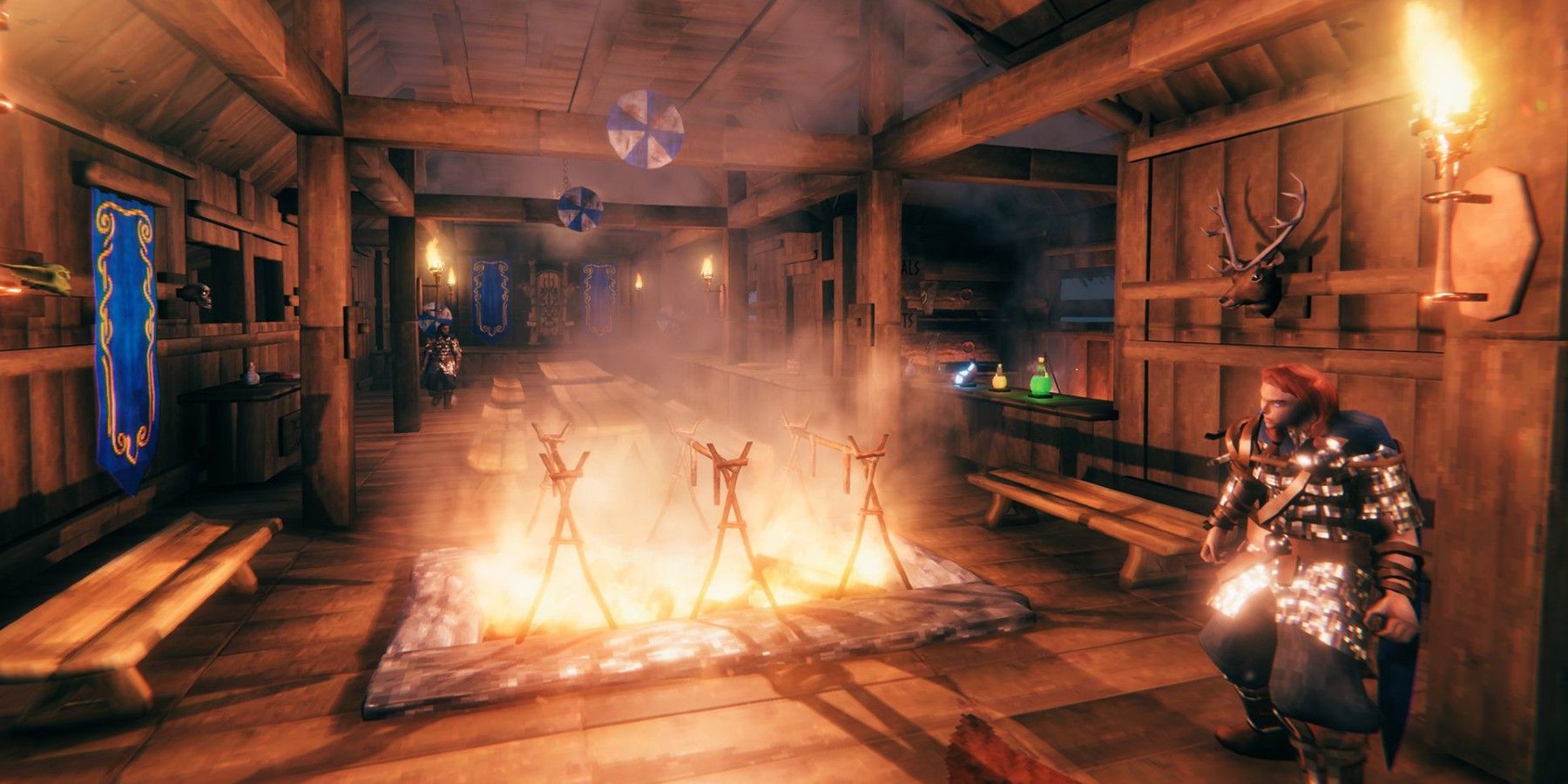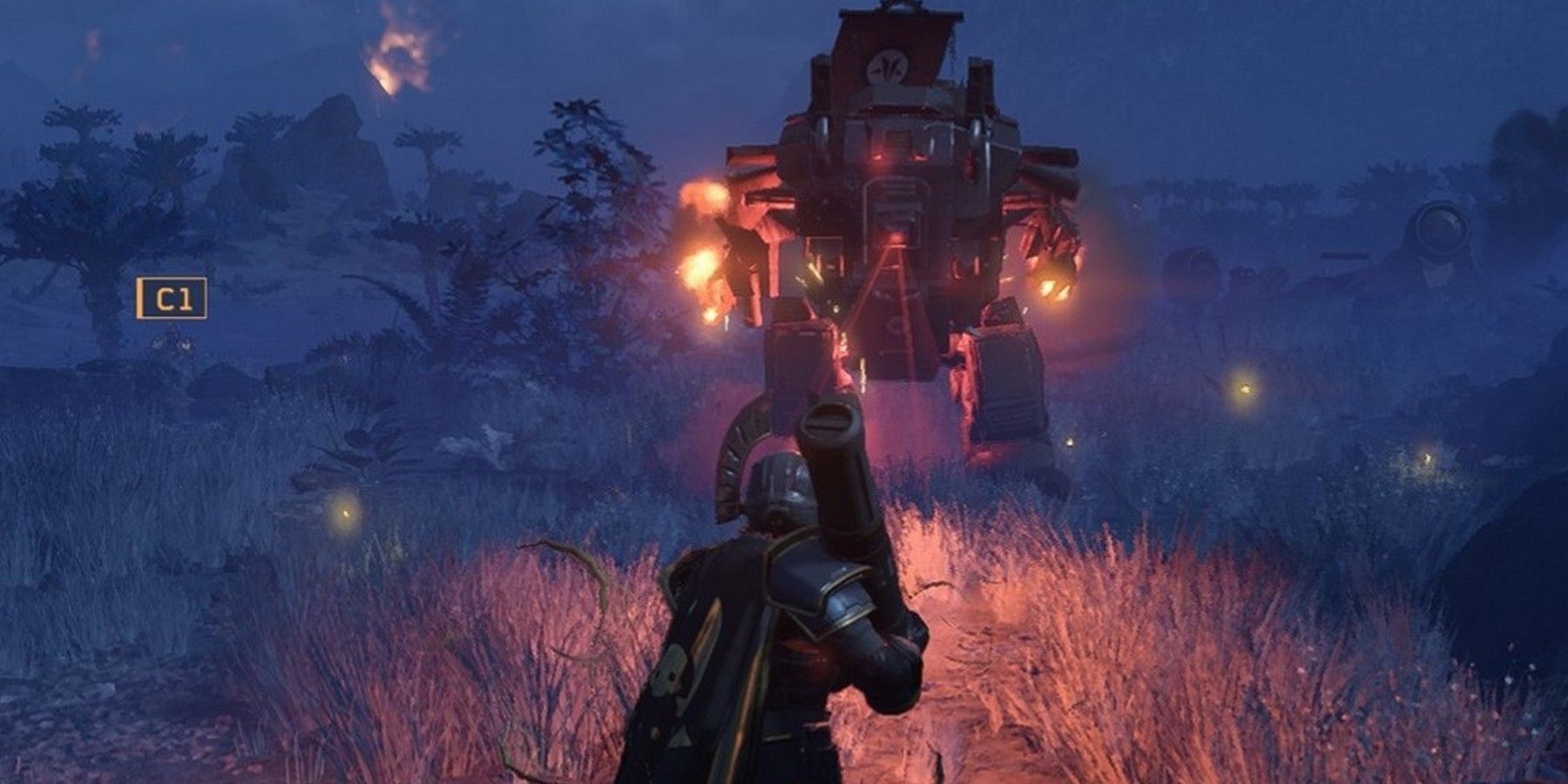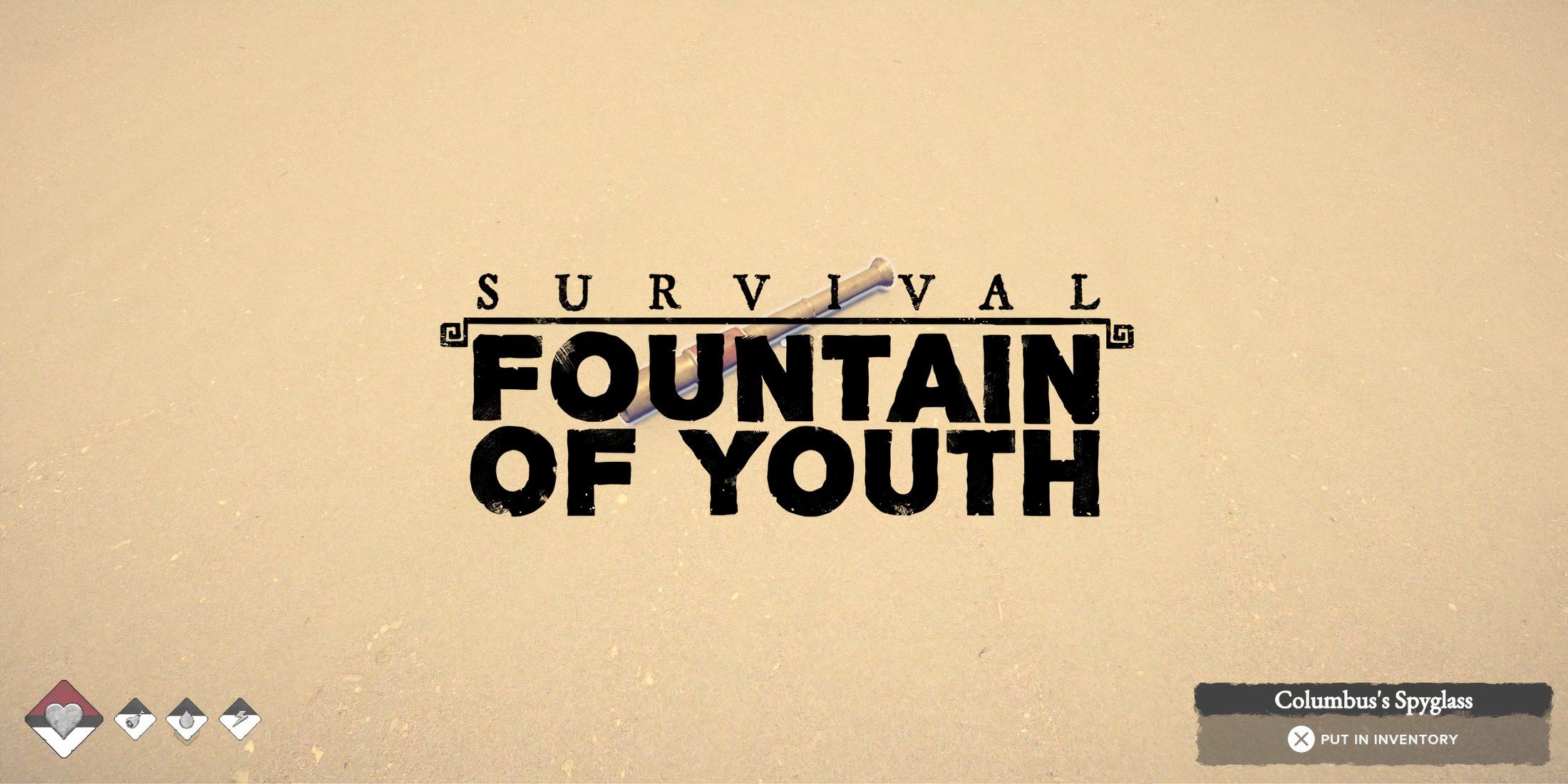Rod Serling’s The Twilight Zone covered a wide range of genre tropes over its original 156-episode run, from alien invasions to mischievous genies. In addition to offering some of television’s most memorable twists, The Twilight Zone was often remarkably precise when it came to predicting the future. This sense that the show’s writers could see the future perhaps explains why trips into the eponymous Twilight Zone often involve time travel.
The Twilight Zone: Rod Serling’s Best Quotes
Rod Serling is arguably the face of The Twilight Zone, and in that time as the host, he’s harbored some truly memorable quotes.
Over a dozen episodes of the 1959–1964 series focus on characters who find themselves cast adrift in history, whether as a result of aviation accidents or experiments gone wrong. From slapstick to time-slips, The Twilight Zone‘s cautionary tales stand the test of time.
8 “Execution”
IMDb Rating: 7.2/10
Although “Execution” opens with outlaw Joe Caswell (Albert Salmi) being sentenced to death, the remorseless murderer is offered a surprise reprieve when a time travel experiment inadvertently transports him from 1880 to 1960. Caswell is overwhelmed by the sights and sounds of the modern world, but he nonetheless chooses to resume his criminal spree. His actions result in the death of the naive scientist responsible for Caswell’s extraction, but the killer nonetheless learns an important Twilight Zone lesson: karma has a tendency to catch up with you.
With its memorably ruthless villain and fish-out-of-water protagonist, “Execution” is a solid installment in the classic anthology series. Caswell, who ranks among the series’ most psychopathic villains, meets his match in the future—with ironic consequences. “Execution” suggests that justice will eventually find its mark, even if it misses its initial target.
7 “Of Late I Think Of Cliffordville”
IMDb Rating: 7.2/10
William Featherstone (Albert Salmi), a cruel businessman, is given the chance to start from scratch in his hometown of Cliffordville after he makes a deal with the satanic Miss Devlin (Batman‘s Julie Newmar). Arriving in Cliffordville in 1910, Featherstone uses his remaining money to purchase land that he knows will be found to contain oil. However, he overlooks the fact that the drills needed to access the oil deposits will not be invented for nearly thirty years, by which time he will likely be dead.
The episode was one of those remade as a radio drama, but its original iteration is perhaps the best take on the material. Featherstone’s journey shows that pride comes before a fall, making “Of Late I Think of Cliffordville” one of the more didactic installments of The Twilight Zone.
6 “Once Upon A Time”
IMDb Rating: 7.2/10
The Twilight Zone covers a range of genres, from mind-bending surrealism to spine-tingling horror. However, the show rarely indulges in pure comedy, and even more rarely does so successfully. That “Once Upon a Time” is such a hidden gem is no doubt due to its star: famous silent movie actor Buster Keaton gives an impressive performance as Woodrow Mulligan, a disgruntled janitor who is sent from 1890 to 1961 thanks to an experimental “time helmet.”
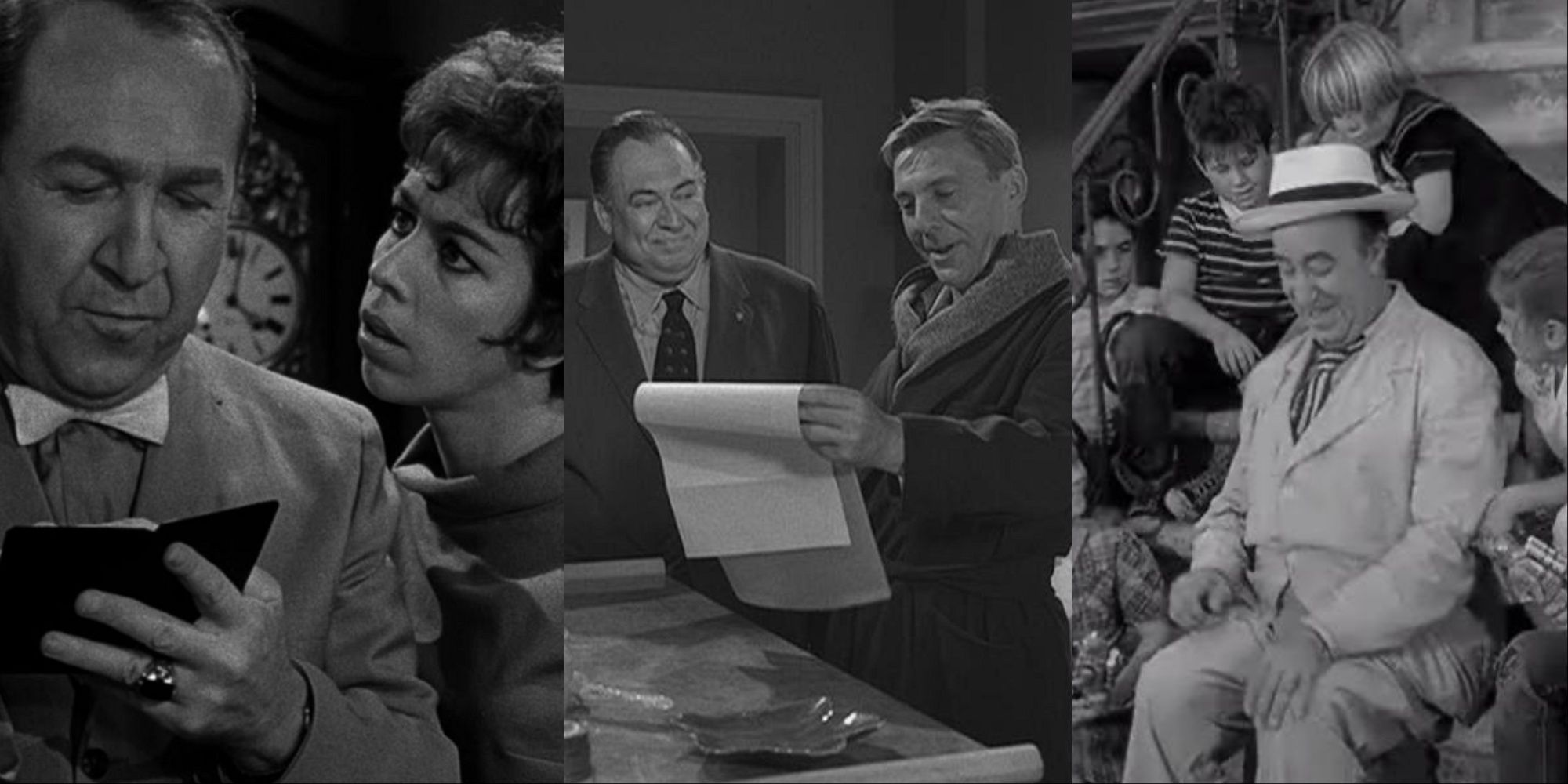
8 Funniest Twilight Zone Episodes, Ranked
Among the bizarre tales of The Twilight Zone, these episodes stand out as some of the show’s funniest.
While much of the episode’s charm can be attributed to Keaton’s trademark slapstick, efforts are also made to make the episode’s “historical” sections as authentically retro as possible—complete with speech cards in place of spoken dialogue. The result is a quirky departure from The Twilight Zone norm, but one that remains an entertaining oddity.
5 “Back There”
IMDb Rating: 7.5/10
Following a hypothetical discussion about time travel, Peter Corrigan (Russell Johnson) slips a century backward in time. Finding himself in Washington just hours before the assassination of President Lincoln, Corrigan is desperate to thwart the infamous murder. Unfortunately, his pleas appear to fall on deaf ears. Is it really possible for a man to change the course of history, or are Corrigan’s efforts in vain?
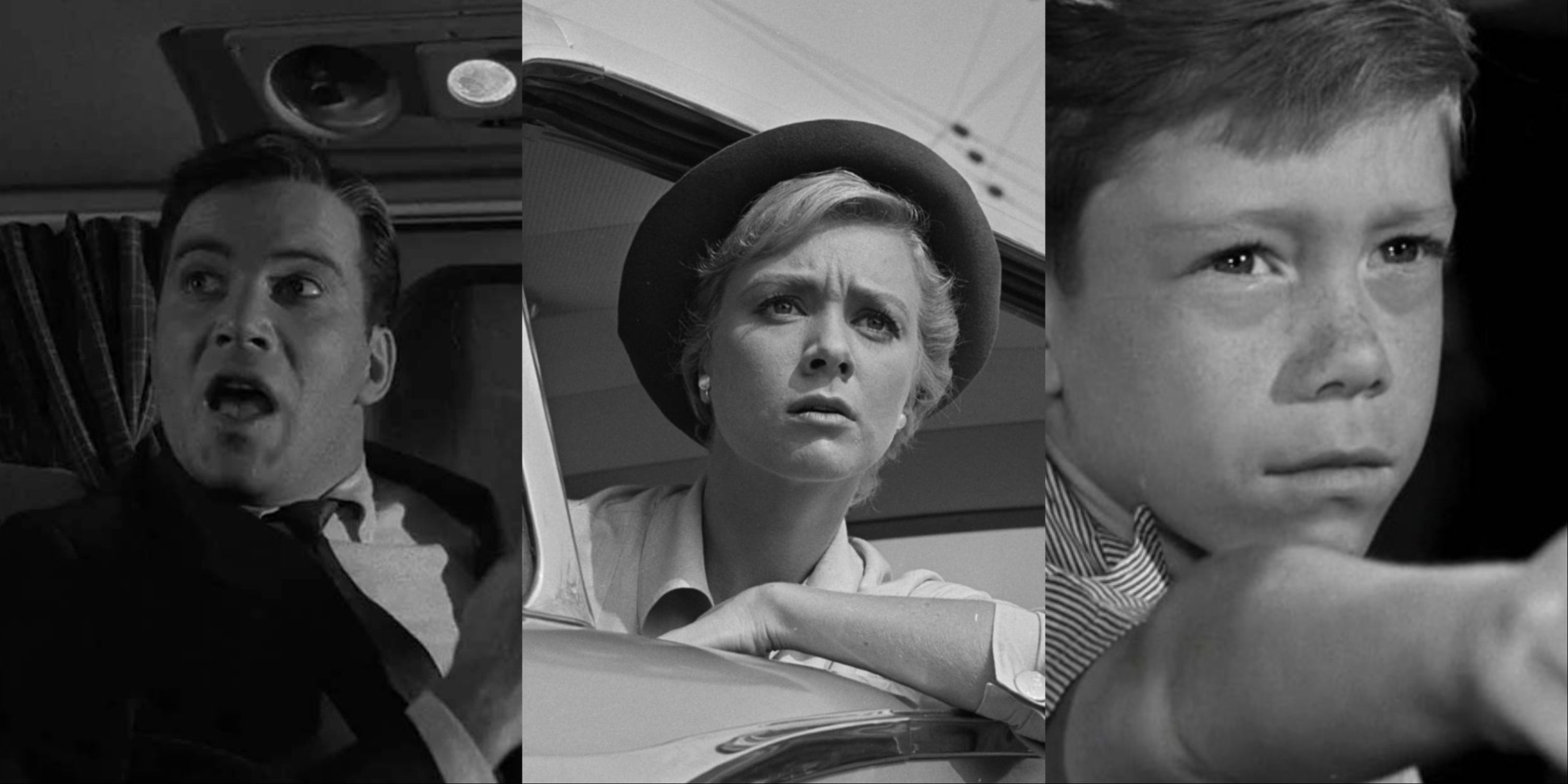
7 Best Twilight Zone Actors
The Twilight Zone has seen many distinct and memorable actor performances in its rich history. These are the best of the best.
Rod Serling’s script couples a quite literal race against time with themes of free will, predetermination, and destiny. Ultimately, “Back There” is a story about mankind’s general impotence when faced with the tides of time. However, as the episode’s climax shows, Corrigan’s intervention may have borne fruit, albeit in an unexpected and trivial way.
4 “The Rip Van Winkle Caper”
IMDb Rating: 7.6/10
After stealing a million dollars of gold bullion, a criminal gang engages in one of The Twilight Zone‘s most elaborate methods of time travel. Hiding in a Death Valley cave, the crooks attempt to evade arrest by placing themselves in suspended animation for a century. Once the heat has died down, they will reawaken and be able to profit from their audacious heist. Naturally, this bold plan is far from foolproof: not all the criminals survive their one-way trip to the future (as shown through the use of an entertainingly silly plastic skeleton).
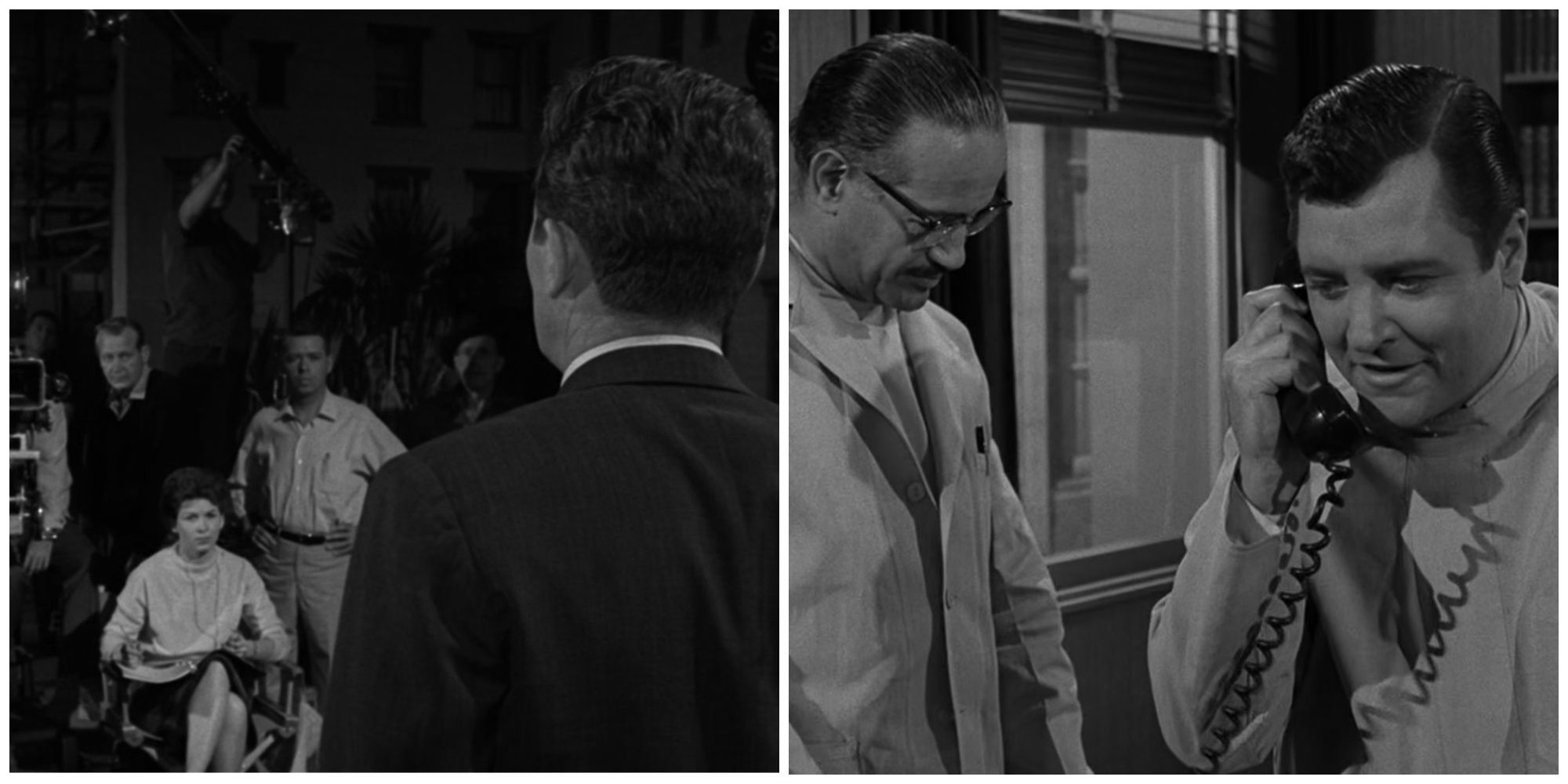
The Twilight Zone: Most Mind-Bending Episodes
Known for mystery and fright, The Twilight Zone harbors some truly mind-bending episodes in its legacy.
A power struggle ensues between the remaining criminals, although the future in which they find themselves isn’t quite what they expected. “The Rip Van Winkle Caper” has an ending that suits The Twilight Zone‘s reputation for neatly ironic twists, plus a cameo from a cutely retro-futuristic car borrowed from the 1956 movie Forbidden Planet. If this episode has a moral, it is as follows: budding time travelers should be careful what they wish for, especially when moving through The Twilight Zone.
3 “The Odyssey Of Flight 33”
IMDb Rating: 7.8/10
No time travel series is complete without little plastic dinosaurs. Doctor Who featured them in 1974’s “Invasion of the Dinosaurs,” while The Twilight Zone used the charming technique in 1961’s “The Odyssey of Flight 33.” While this filmmaking method is unlikely to convince modern CGI-savvy audiences, it enhances rather than detracts from Rod Serling’s tale of a passenger jet that zooms out of control and into the distant past.
Strong performances and true-to-life dialogue (Serling ran the script past his brother, an aviation writer) make the episode one of The Twilight Zone‘s most iconic installments. Viewers will root for the passengers and crew of the displaced Boeing 707 as it makes its troubled voyage through time. Dinosaurs are a classic trope of fantasy and science fiction, even if their inclusion doesn’t always result in a successful end product. However, in the case of this episode, it’s safe to say that the series delivers.
2 “The Last Flight”
IMDb Rating: 8.0/10
Richard Matheson’s first Twilight Zone script demonstrates why the writer became such a key player in shaping the original iteration of the series. A World War One-era pilot, Terry Decker (Kenneth Haigh) emerges from a cloud bank to find himself over forty years in the future. The authorities on the ground are initially skeptical, but Decker’s insistence (as well as his knowledge of a fellow pilot who is now recognized as a hero) starts to convince his captors. So too does Decker’s vulnerability: he admits to being a coward who chose the Air Force to avoid direct combat.
Decker’s realization that he has a vital (albeit dangerous) part to play in the course of history allows him to grow as a person, and results in one of the show’s most bittersweet endings. “The Last Flight” is one of The Twilight Zone‘s more melancholy stories, but its character-driven nature means that it’s likely to stick in the minds of viewers long after the credits roll.
1 “A Hundred Yards Over The Rim”
IMDb Rating: 8.1/10
Pioneer Christian Horn (Cliff Robertson) leads a wagon train across the desert in an attempt to reach the fabled California. However, the expedition is fraught with danger: his son is dying of an unknown disease, and the rest of the party is ready to turn around and go back to Ohio. Horn, who refuses to quit, goes out alone over a nearby hill. He expects to find water—he does not expect to find himself transported nearly a century in the future.
“A Hundred Yards Over the Rim” is a fairly low-stakes episode of The Twilight Zone: while Horn’s son is sick, he is in no immediate danger during his trip to the future. However, while the lack of tension can detract from the story, this deficit is compensated for by the episode’s cinematography. The beautifully shot desert landscapes capture the Wild West era and contrast nicely with the modern, claustrophobic set used to represent a 1960s diner. It’s also a rare episode with a happy ending, something far from the norm in The Twilight Zone‘s world of twists and turns.
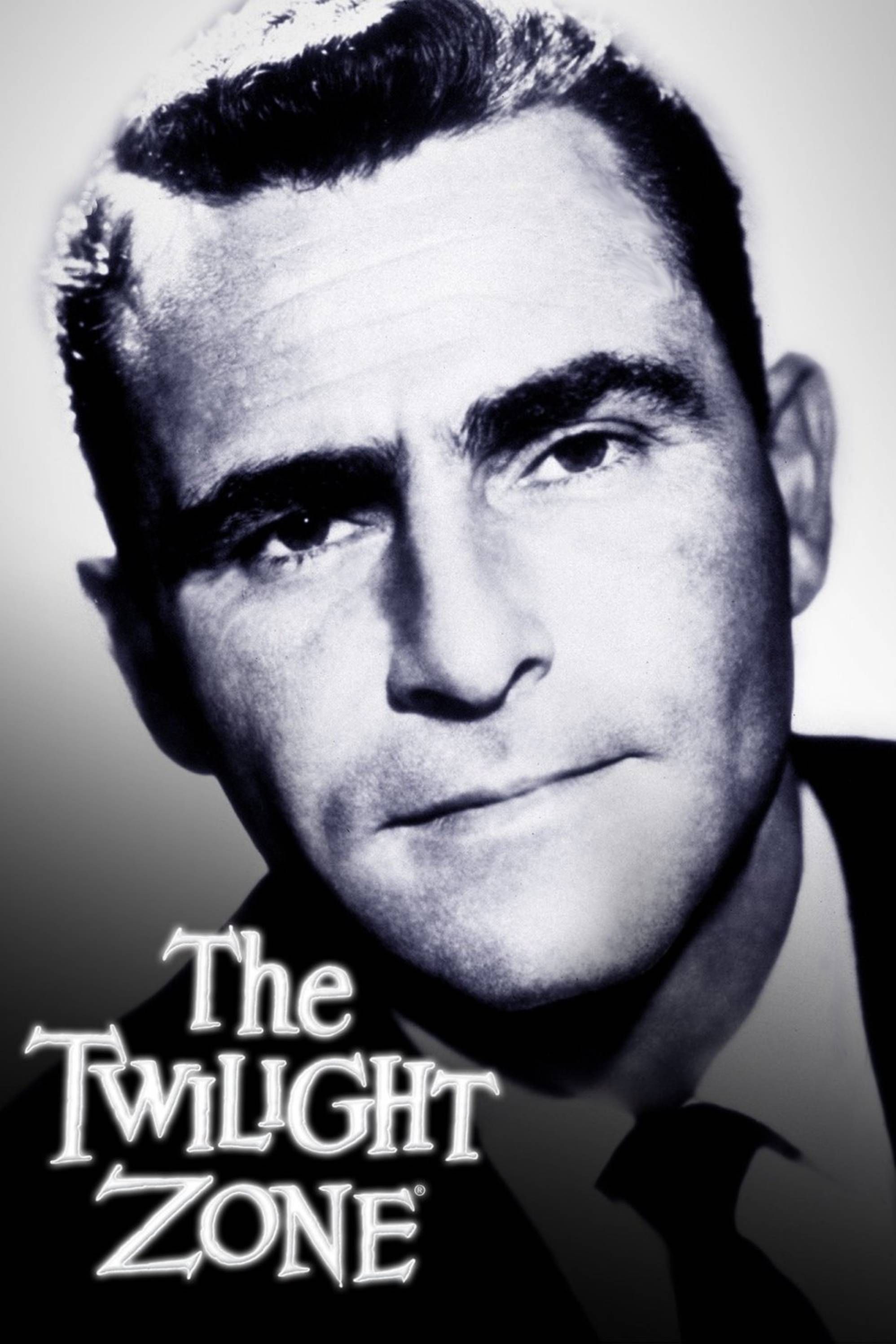
The Twilight Zone
- Release Date
- October 2, 1959
- Creator
- Rod Serling
- Number of Episodes
- 156

/cdn.vox-cdn.com/assets/3729887/her_promotional_images30_1020.jpg)
